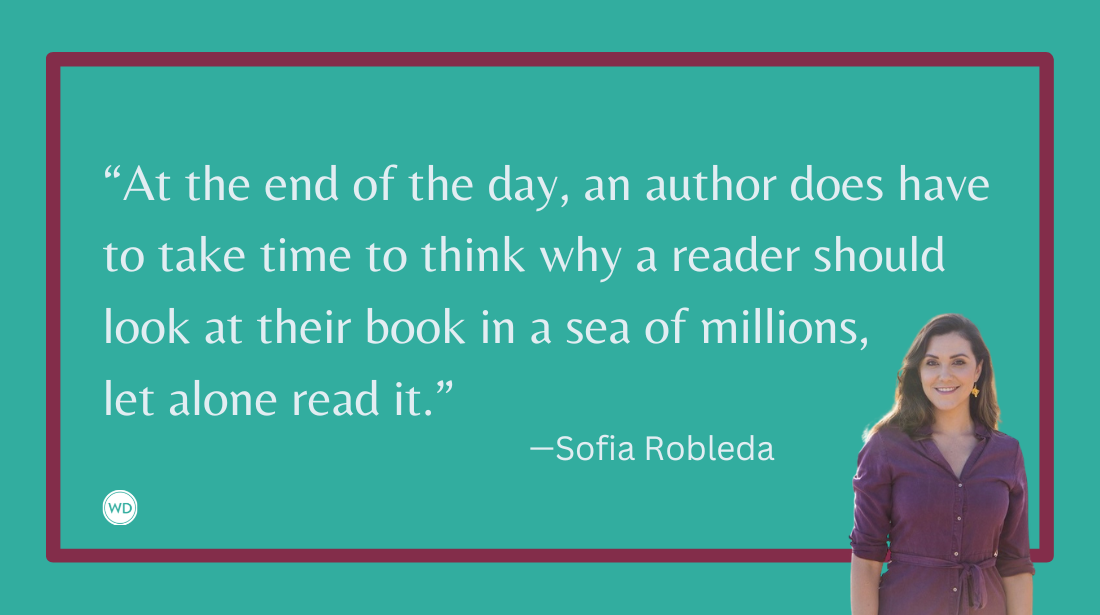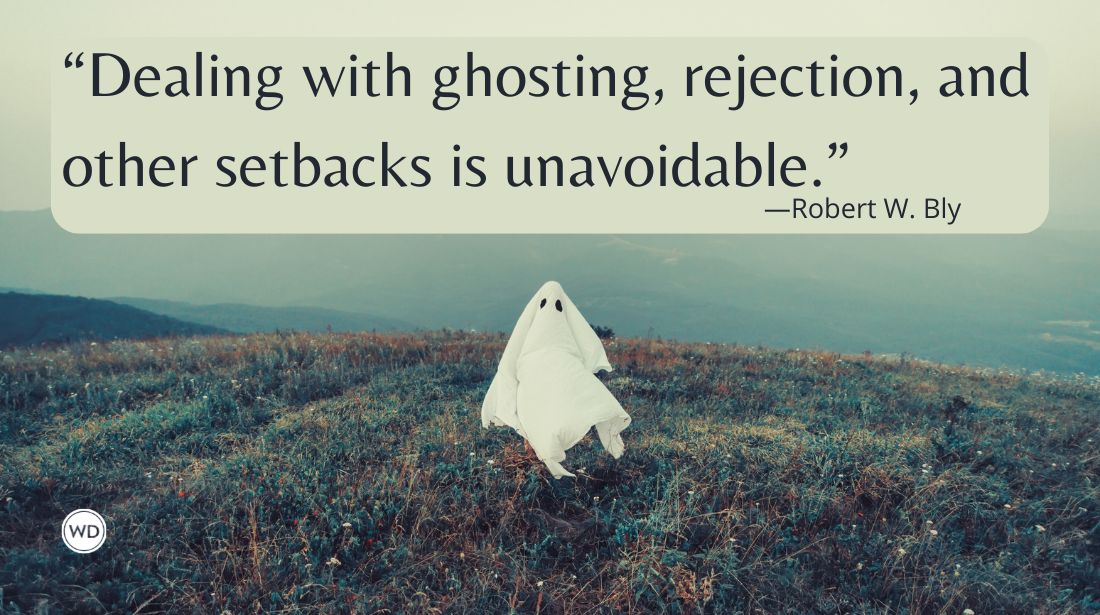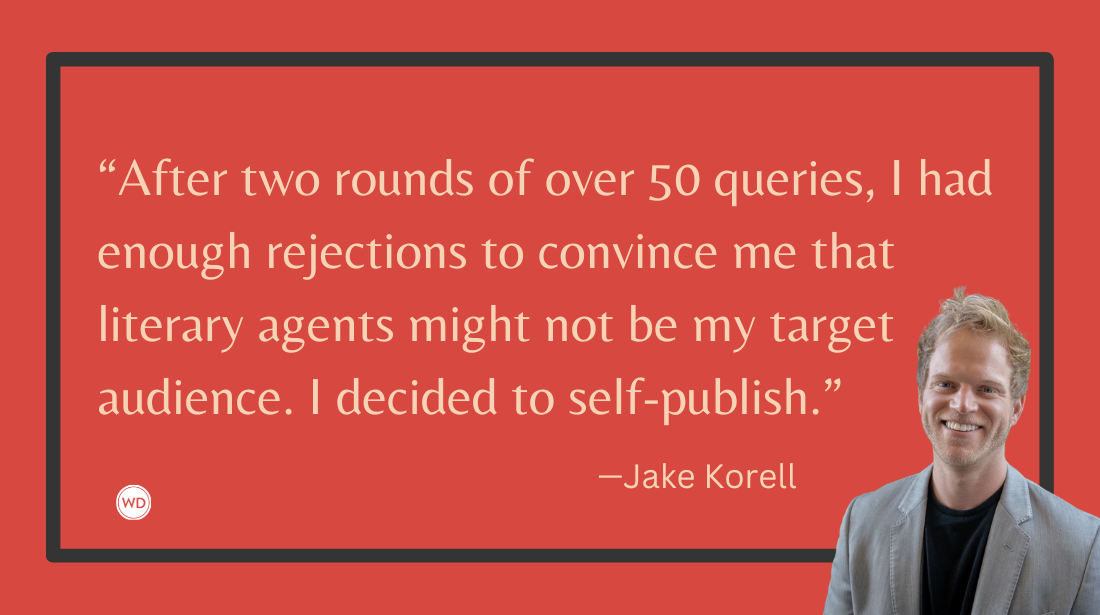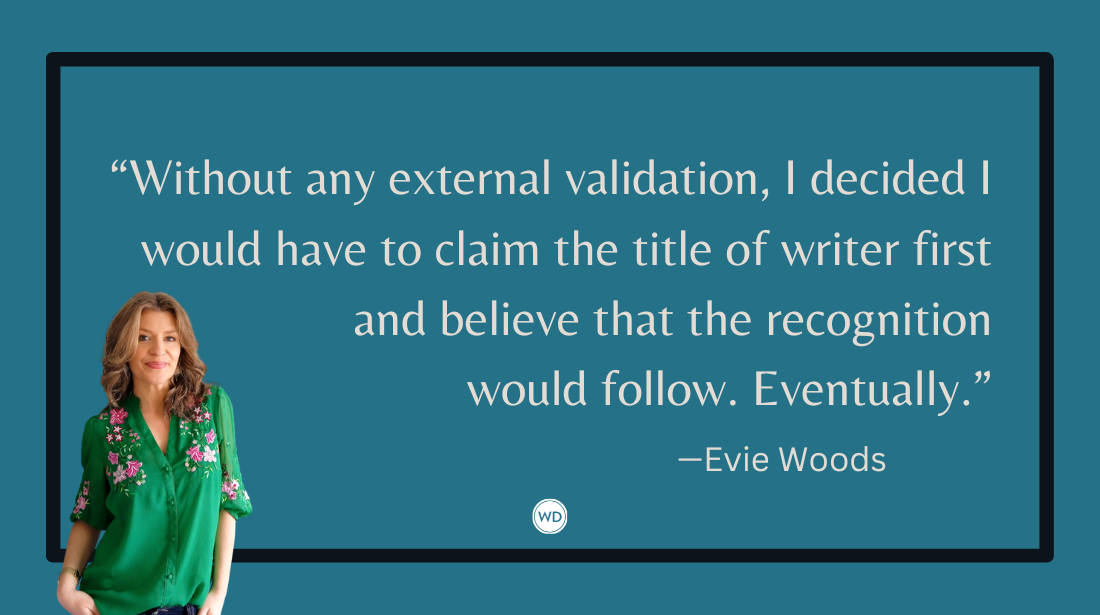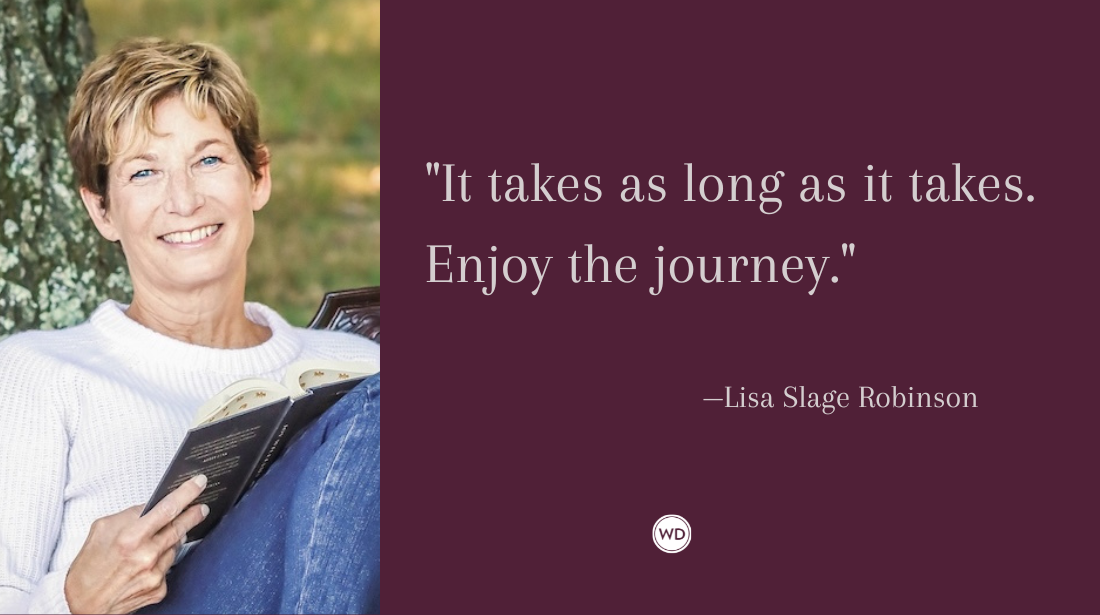Channel Your Inner Authorpreneur for Your Writing Labor of Love
As self-publishing continues to become an attractive and popular options for writers, it’s important to know what you’re getting into and to have the right expectations. Here, author and entrepreneur Tom Vaughan shares how to channel your inner “authorpreneur” to help your book find its readers.
I never started out wanting to be an author. I wanted to make money. So while my parents were away, my brother and I borrowed £200 from our local bank manager and set up a traveling discotheque which we called Juliana’s. Fast forward 20 years later, and it became the largest-ever entertainment group of its kind in the world. In my early years, I was too busy running a party empire to be reading books. But funny how life can change.
In 1986, as we were preparing to float Juliana’s on the stock exchange, I had the overwhelming urge to capture all my memories of parties and business dealings on paper. The book, called No Ordinary Experience—the Juliana’s story, turned out to be easy to write and it was serialized in The Daily Telegraph later that year.
My debut novel, The Other Side of Loss, about a priest finding a winning lottery ticket in his collection plate, I was not so lucky with. It seems that I am not alone: These days, writing a book is hard enough but getting it published even harder. The dominance of Amazon and increasing commercial pressures in the book world means that publishers are no longer so keen to take risks on unknown authors—especially, I believe, those of a certain age. (I’m 73.)
I hit a blank wall and grew really demoralized—saved only by the advice of a literary agent who told me to stop wasting my time and go down the self-publishing route. It was not the advice I was expecting but nevertheless I took it, and I’m forever indebted to her for her advice.
Now eight years later, The Other Side Of Loss is a hit in self-publishing terms. So far it has sold over 10,000 copies and been featured on bestseller lists—quite a respectable figure considering most self-published books sell around 500. I have just self-published my second book, Hope…And The Hedgehog, a digestible exploration of the meaning of life, which is out now.
The Key Lesson: Channel Your Inner “Authorpreneur”
Many people would have given up at the first hurdle, but I was brought up to believe that I could do anything if I set my mind to it. My time as an entrepreneur—or “vigorous muddler” as I prefer to call myself—taught me that you should embrace setbacks and never see problems as insurmountable. Anyone in the same boat as I was should try to find their inner “authorpreneur.”
I’ve learnt many lessons from self-publishing, the most important one being to go into it with your eyes open. Come to terms that you won’t make a fortune—you will need to sell hundreds of thousands of books to do that (I doubt if I’ve even made £1000 from The Other Side Of Loss).
Accept That Self-Publishing Is a Labor of Love
Understand that, because of the sheer volume of books out there and the fierce competition, it’s highly unlikely you will go viral. The chances of repeating an E.L. James' surprise self-published hit Fifty Shades of Grey which went on to become a global sensation in 2011, is one in a million.
If you go into this accepting you are self-publishing for the love, not the money, you will discover how liberating it can be.
The sheer brilliance is that you can write about your passion and be as niche as you want to be; you have no publishers breathing sales figures down your neck. There is always an audience out there for any book, however small—it’s just a question of getting it in front of them. In this way, it can be time consuming.
This is especially true if you are doing it yourself directly on Amazon, as an ebook or print (through Amazon’s print on demand service). This is the budget option, so be forewarned—it’s a long process and you will need to get your head round things like SEO (Search Engine Optimization) which is vital for making your book rank on the page so your customers can find it. In the early stages, you will also need to keep tending your book like a lawn—which means monitoring your listing price (Amazon recommends you start low and gradually increase it to find the optimum price). Follow the recommended how-to guides online.
Self-publishing is no walk in the park, but you will reap the benefits. You can get your book out there faster and not have to wait years tracking down a literary agent. Royalty fees are higher than traditional publishing and you get to keep the rights—so, if a Hollywood producer chances on your book and wants to turn it into a global box office hit, then you’re in the money, not your agent.
What to Spend On and What To Save
If designing covers and proofreading becomes too much, reach out to your network—I found my wonderful cover illustrator, Miranda Harris, that way. There are also several writers’ organizations on Facebook you can join that are great places to start for advice.
Hire a good editor and keep hold of him/her! Mine is called Clive Dickinson. I met him by chance over 20 years ago and he is my right-hand man, helping me not only with the editing process but also steering me through the self-publishing minefield.
You can also proof your book yourself but in my opinion, this is one area you should not cut corners on, so hire a good copy editor. Even the biggest writers in the land need someone else’s eye.
The Halfway House of Self-Publishing
You can also plump for the easier option of hiring a self-publishing firm like I did. Amongst their many services, they can guide you through the system of getting ISBN (International Standard Book) numbers—a requirement for print books (not e-books).
Shop around; these companies charge competitive rates and often aren’t as expensive as you might think, plus you can pick from a menu of options according to your budget and how much work you’re prepared to put in for yourself.
I got my self-publishing house to do most of the legwork for both books so I could be free to go out and do book talks. I love meeting people. I think, if anything, that’s a huge advantage of self-publishing that no one talks about as often—there’s no ‘marketing team’ editing your copy or deciding where and who to sell it to; you get to put it out there, meet your readers and listen to their direct feedback. I think that makes you a better writer in the long run.
Tom Vaughan is an author and entrepreneur. He was the co-founder of the successful chain of Juliana’s discotheques, which he started in the 1960s with his brother and grew to be the world’s largest entertainment group of its time, and the first disco chain to ever go public. It was sold in 1989 for £30m. Since then, Tom was one of the founding directors of a property investment business and held a number of directorships, as well as forging a successful career as an author. His debut memoir, No Ordinary Experience, became a best seller and he’s also written a novel, The Other Side of Loss. His most recent book, Hope...And The Hedgehog, an exploration of the meaning of life, is out on May 5, 2022. He lives between Herefordshire in the U.K. and New Hampshire in the U.S.





